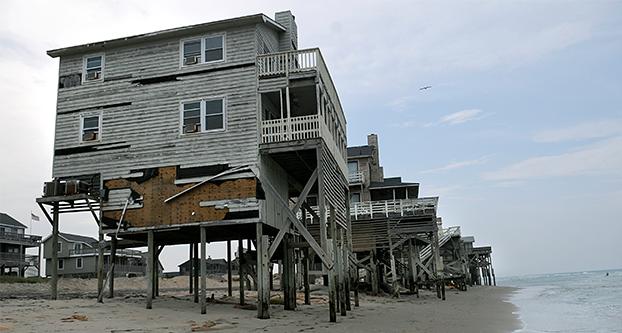Hundreds gathered Saturday in the North Gym to commemorate the 65th Human Rights Day and it’s 4th annual commemoration at Fresno State.
Human Rights Day is observed worldwide on Dec. 10 and commemorates the day the United Nations General Assembly adopted the Universal Declaration of Human Rights in 1948.
The first human rights commemoration in Fresno was held on Dec. 8, 2012 and centered on the subject of torture. The second event was held on Dec. 7 and 8, 2013, and was focused on human trafficking, which featured the film “Trade of Innocents.”
Bullying was the theme for the third commemoration and the focus this year was on “Climate Change: People, Planet and the Valley.”
The event was co-sponsored by the Human Rights Coalition of the Central Valley and the Fresno State Ethics Center. The campaign was centered on the theme “Our Rights. Our Freedoms. Always.” Award-winning journalist and author Mark Arax was the guest speaker.
The event also featured panel discussions and workshops focused on climate change and water issues in the Central Valley as well as how it impacts people, local industries and ecosystems.
Among many other topics, Arax discussed how Tulare Lake in the South Valley was drained for farmers.
Arax referenced his second book, “The King of California,” and asked the audience, “Why doesn’t the Valley not feel like cliché California, and why does it vote the way Oklahoma City votes?”
“It is because we brought the South,” Arax said. “We are a weird place. As much as this place now reflects the Latino, there is a part of it that still feels like the South.”
Dr. Sudarshan Kapoor, professor emeritus of social work education at Fresno State and community advocate of peace and justice, said many people don’t know what human rights are, despite the fact that everyone talks about them and has heard about them.
Kapoor is the founder of the Human Rights Coalition of the San Joaquin Valley.
“This is a very important message that we want to share with the people, with the students and with the community that human rights are here because we are human beings. We have the right to exist, we have the right to life, we have the right to clean air, clean water and clean energy.”
Jim Grant, director social justice ministry for the Diocese of Fresno, said we need to first understand what climate change is and how it is negatively impacting our world before we can start to find solutions.
“We hope that people learn about the issue of climate change and its impact on our lives and on the lives of all of us in the Valley and all of us in the world,” he said. We need to do something about it.”
Joe Pulido, a history professor at Clovis Community College, said one way to fix the problem of climate change is by raising awareness, especially to those who are being affected by it the most.
“Often times, especially when you look at the issue of climate change, often times it just becomes this whole debate between facts, science and politics,” Pulido said. “But what we are trying to do here is kind of locate the issue and the context of what communities are really being harmed by climate change.”
Reza Nekumanesh, director at Islamic Cultural Center of Fresno, gave the welcoming remarks and Joseph Pulido started the first of two panel discussions, which featured Will Scott, a chemical-free vegetable farmer, Tzeca lee, a Farmer based in Fowler, and Ron Goode, tribal Chairman at North Fork Mono Tribe.
The second panel featured Fresno State philosophy professor Dr. Andrew Fiala, Jenny Rempel, Sustainable Ag. Program Coordinator at the Community Water Center, Dr. Don Gaede, air quality activist with the Fresno-Madera Medical Association, Audrey Osborne, a tribal historian and a job developer for Fresno County, and archaeologist Matt Armstrong.




